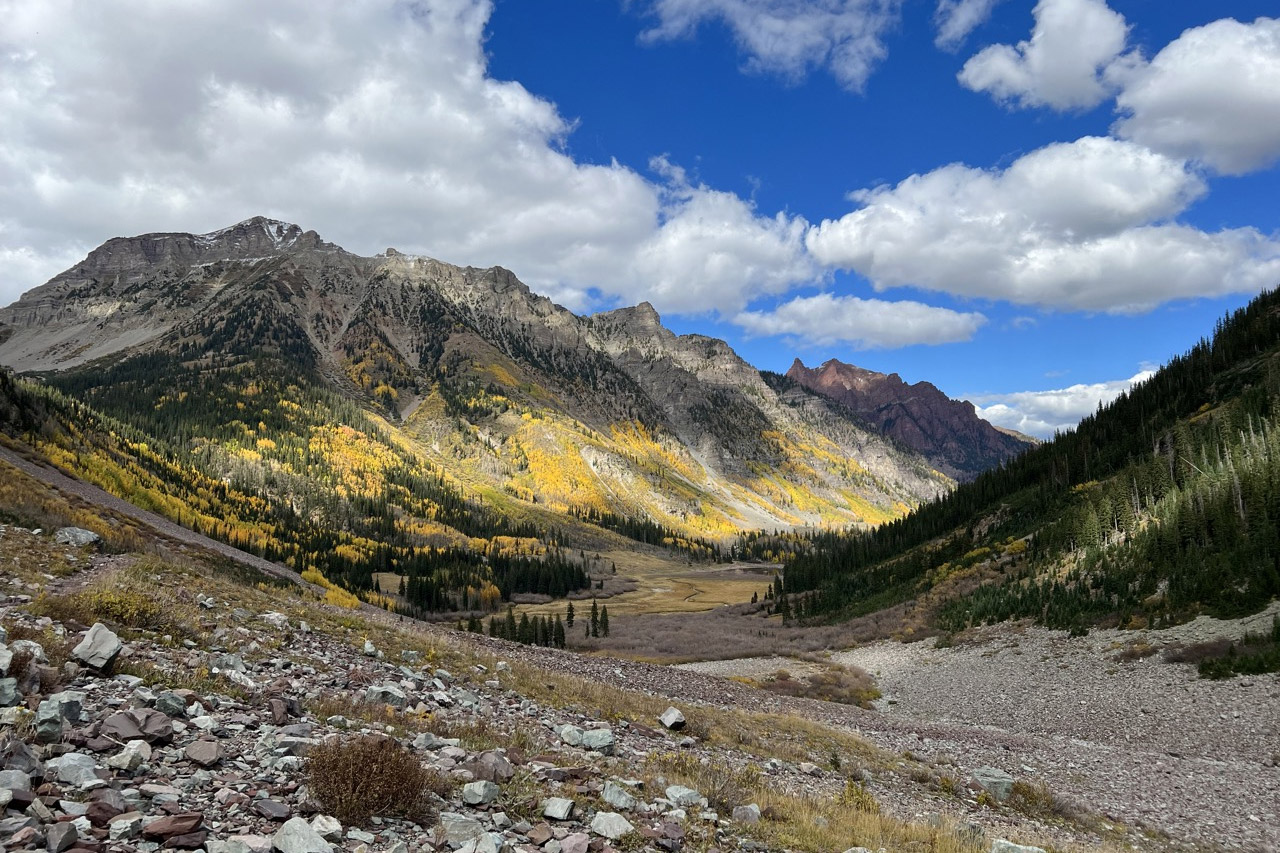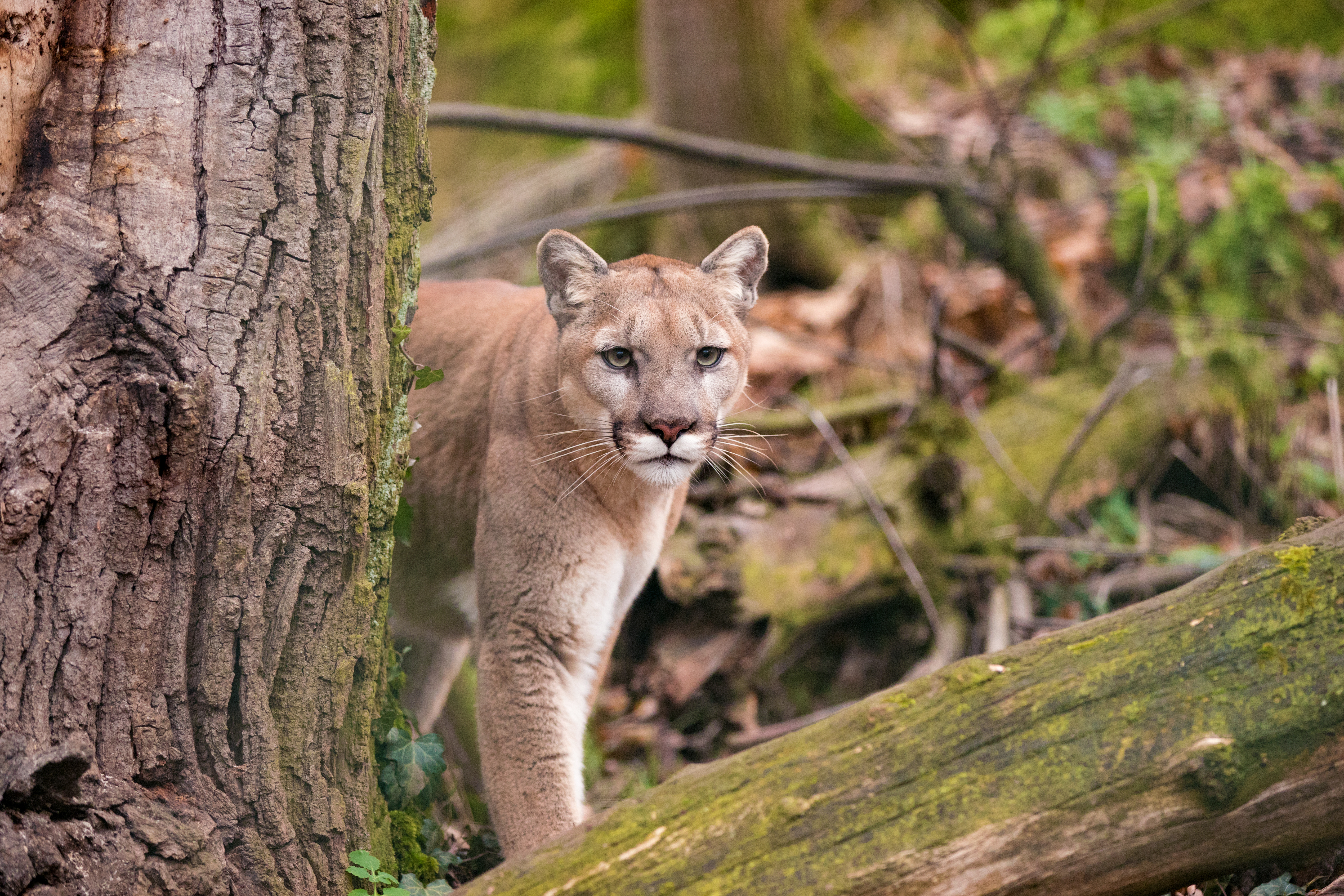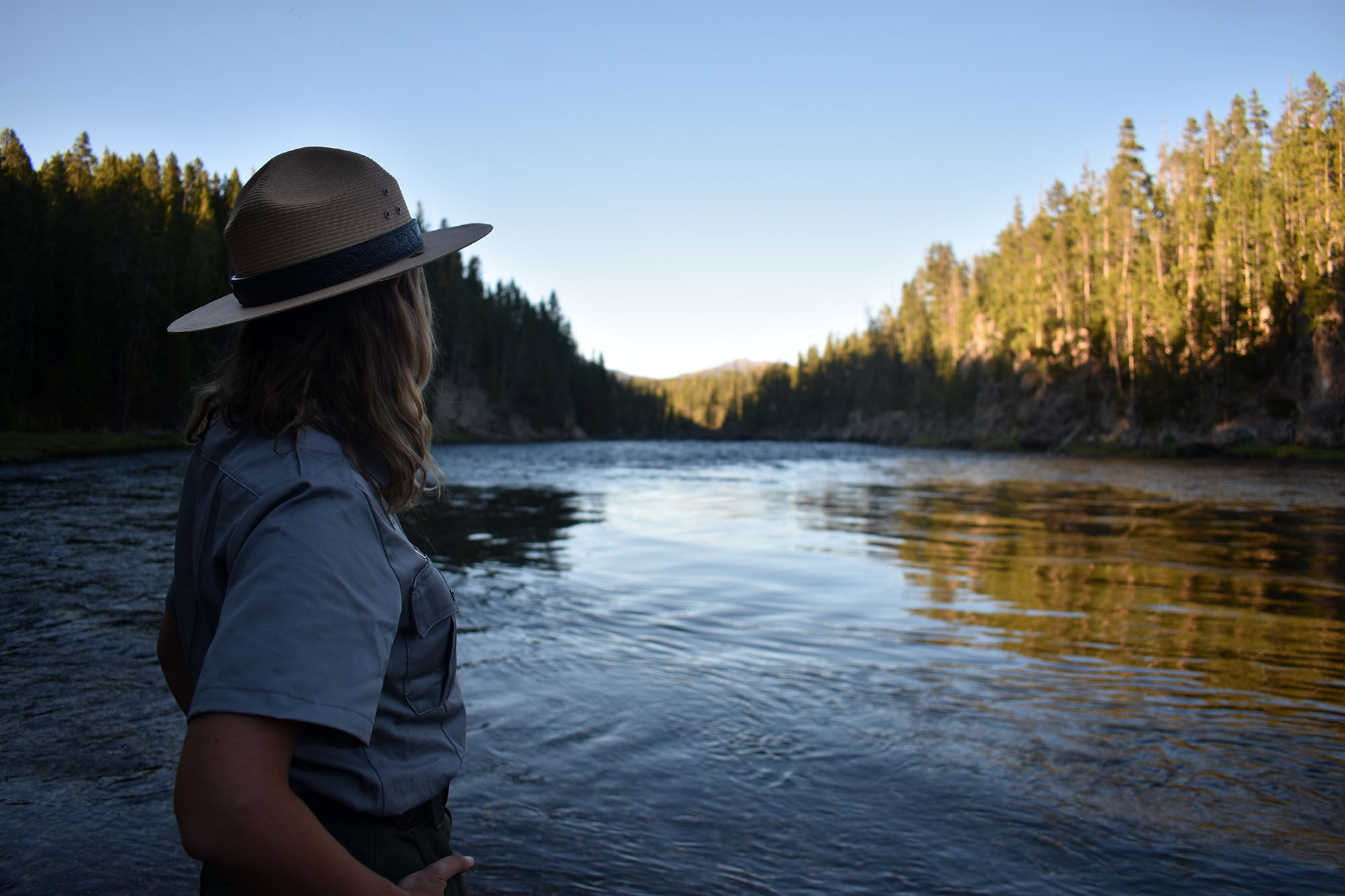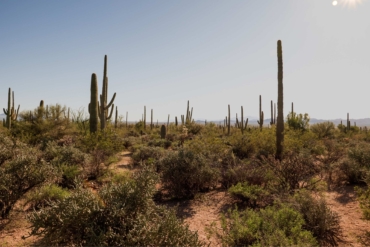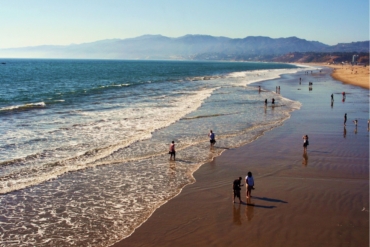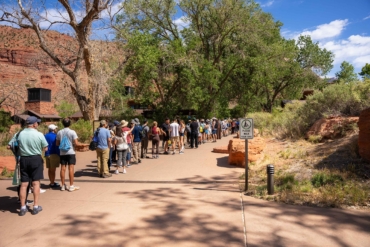By car, Aspen to Crested Butte is nearly 100 miles and would take more than 2 hours. However, these two Colorado jewels are a mere 11 miles apart, connected by one of the most scenic trails in the world.
If you love to hike, then add West Maroon Pass to your bucket list. The scenic 11-mile trail spans the magnificent Elk Mountains and winds its way through the Maroon Bells-Snowmass Wilderness Area. Here, you’ll find some of the most famous and photographed peaks in the world.
Many people are familiar with the iconic image of the striking Maroon Bells, but seeing them in person, especially in the fall, is unparalleled. These scenic 14,000-foot peaks are the pristine backdrop for much of this hike.
If you opt to hike from Aspen to Crested Butte, you can go from either direction. Whether you thru-hike, camp, loop, or trail run this pass, it offers fantastic views and trails for those looking to ditch the car for trekking poles.

West Maroon Pass: The Hike
- Location: Aspen to Crested Butte, Colo.
- Distance: 11 miles
- Difficulty: Difficult
- Elevation gain: ~3,000 feet
How to Get There
Depending on which direction you decide to hike West Maroon Pass, you can begin in Aspen at the Maroon Bells or in Crested Butte near Schofield Pass. There’s no wrong direction, but having a ride or shuttle ready on either end is helpful.
For Aspen, either take a Roaring Forks Transportation Authority (RFTA) bus from town or drive to Aspen Highlands Village. You can park in the village for a fee. From the village, you will need a shuttle reservation to get up to the trailhead from May through October due to the high number of visitors to the area.

The shuttle will drop you off at Maroon Lake, where the hike begins. If you end here, shuttles run every 15 minutes until 5 p.m.
From the Crested Butte side, take Gothic Road out of town north for about 14 miles over Schofield Pass. Soon after the pass, the trailhead is located on the right side of the road, and there’s a parking lot for vehicles. An SUV or four-wheel-drive vehicle is helpful on this road.
The Hike of a Lifetime

Once you’re on the trail, it’s a pretty straightforward hike; it’s clearly marked and easy to follow. From end to end, it’s around 11 miles with more than 3,000 feet in elevation gain to reach the 12,500-foot West Maroon Pass.
From Maroon Lake, which sits at 9,585 feet, the 14,000-foot Maroon Bells stand tall. You ascend a rocky trail through a grove of aspen trees that glow golden in the fall toward Crater Lake at 10,075 feet.
Make sure to pause at Crater Lake to soak in the splendid view and see if you can capture a photo of the peaks with a reflection in the lake.
The trail continues wrapping around the lake to the south following West Maroon Creek. Keep left at the fork in the trail. From here, the crowds start to thin, and you’ll get to enjoy a bit more solitude on the trail.
You hike under the rocky peaks that are the Bells, and to the east is Pyramid Peak, which is also a 14er. The trail slowly climbs in elevation through the glacial valley toward the pass, crossing the river several times.

Unreal views unfold in every direction as you hike toward the pass. There’s no view that isn’t photo-worthy. And make sure to look back down the valley as you climb to enjoy the unique view of the Maroon Bells and Crater Lake.
During the summer, this area is full of wildflowers; in the fall, golden-yellow and red leaves dot the valley’s hillsides. When we hiked in October, there was already a fair amount of snow on the pass, and the trail was muddy and slick. The weather can change rapidly at elevation on this trail, so make sure to pack layers.

As you approach the pass, the trail switchbacks, gaining in elevation to the rocky pass. Here, you’re rewarded for your hard work with a panoramic view of this amazing wilderness area. To the north is Belleview Mountain, standing above 13,000 feet.
From the pass, the trail descends for about 4 miles along the East Fork Crystal River to the trailhead. While it can be a challenging hike, you’ll be glad you did it considering the amazing terrain the trail covers. The Maroon Bells-Snowmass Wilderness is one of only five areas in Colorado that are designated wilderness by the 1964 Wilderness Act.
Various Maroon Pass Trail Options
Considering the rich wilderness region this hike covers, there are several different options to consider when hiking in this area.
Depending on how hardcore you are or how long you want to hike, you can enjoy a night in Crested Butte and then hike back over the pass to Aspen in an out-and-back trip that totals 22 miles and more than 5,000 feet in elevation gain.

If you want to do an abbreviated version but still enjoy the views, you can hike to the top of the pass from either side as an out-and-back. This will truncate the hike to 8 to 12 miles and 2,000 to 3,000 feet of vertical gain, depending on which side you start.
If you fall in love with the area and want to go further, you can extend the hike with the Four Pass Loop. This is a 25-mile loop through the area that has nearly 8,000 feet of elevation gain. It’s popular among backpackers in the summer. The West Maroon pass is just one of the four passes you will climb, along with Buckskin, Trail Rider, and Frigid Air Pass. This hike takes multiple days, so be prepared to camp at a designated site.
And for those who just can’t help but want to get to the top, you can climb the Maroon Bells and Pyramid Peak. Keep in mind that these are more climbs than hikes. They’re technical and can be dangerous, so make sure you’re prepared before venturing up these peaks.
In general, any of these hikes are great from June through September or October. And dogs are allowed in the area but must be kept on a leash.
Whatever hike or climb you choose, it beats driving. So lace up those boots and hit one of the most magnificent trails in the country — and the entire world.
Recommended Gear List: The Gear We Used
- Backpack: Deuter Trail Pro 36
- Boots: Salomon Outpulse
- Insoles: Superfeet Adapt Hike Max Insoles
- Insulating layer: ORTOVOX Fleece Light Jacket
- Rain jacket: Yuba Ultralight L6 Rain Anorak
- First aid: Mountain Series Adventure Medical Kit
